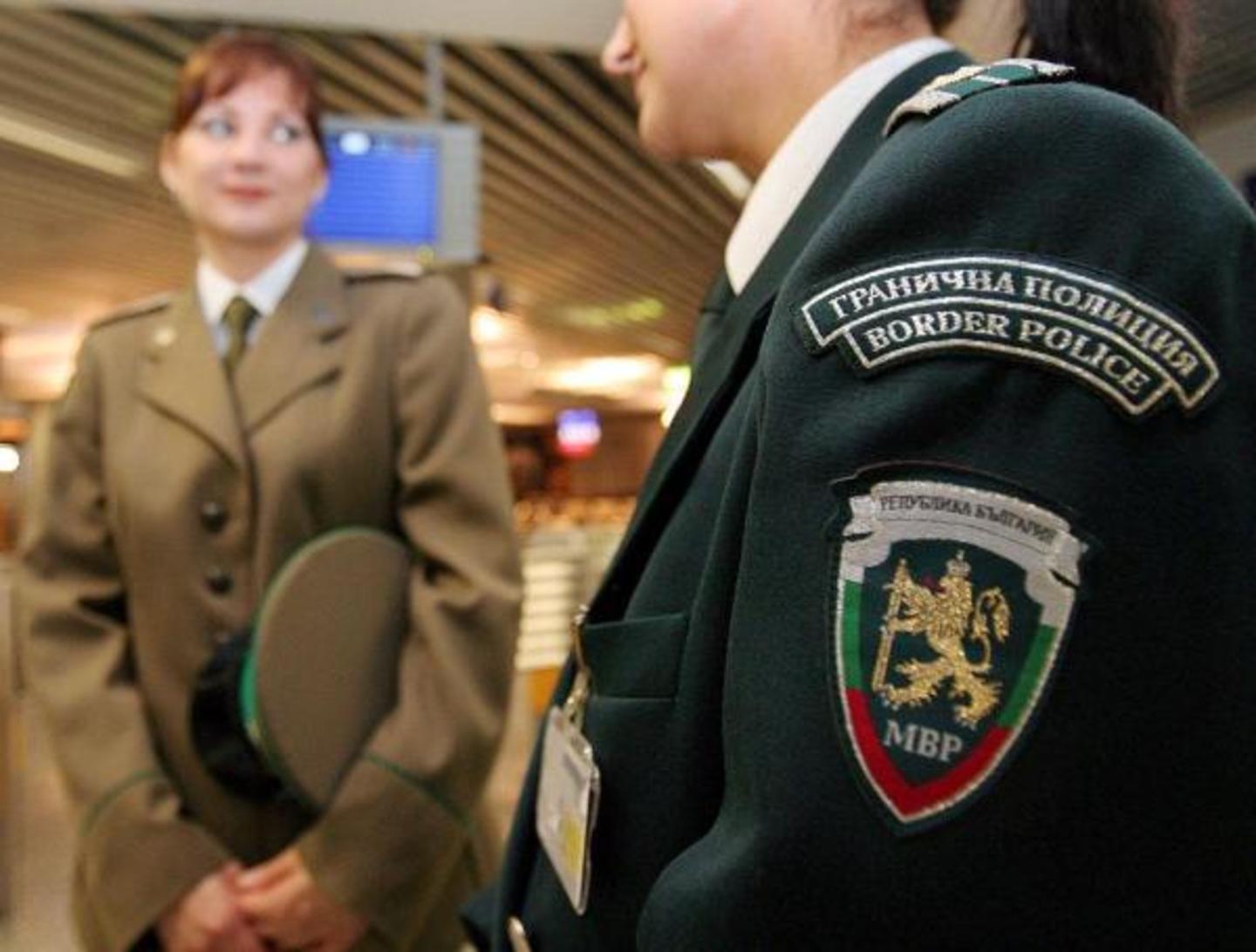In the run-up to the accession of Bulgaria to the EU in 2007, the European Commission established the ‘Cooperation and Verification Mechanism’ (CVM) to monitor Bulgaria’s progress in fighting corruption and the tackling of organised crime.
Five years on, progress has been made, but according to the European Commission, the implementation and sustainability of the reforms require further efforts and attention. To that end, the Norway Grants have set aside approximately €6 million for combating cross-border and organised crime in Bulgaria. Improving the capacity of the Bulgarian law enforcement agencies, like the Bulgarian police and border police, is an important part of tackling the crime challenges facing the country.
Against “police brutality”
On several occasions, Bulgaria has been condemned by the European Court of Human Rights in Strasbourg for the excessive use of force and firearms by the police. In some instances, these incidents have led to the loss of lives. This is why the European Council will work together with the Bulgarian police in legitimate use of force, human rights and community policing.
“The Ministry of the Interior Academy (the police academy) seems very committed to the project”, is the upbeat conclusion of Raluca Ivan, Project Manager at the Council of Europe.
- We need to hit criminals where it hurts the most, by going after the money. Crime must not pay! That is the slogan for the professionals – like the Council of Europe – who fight against economic crime. At present, the amounts recovered from organised crime are modest compared to the huge revenues generated by illegal activities like human and drug trafficking and counterfeiting. Most of the dirty money is laundered and reinvested in the legal economy. This programme includes a project to strengthen the asset recovery system in Bulgaria.
Bulgaria is a so-called “source country” for trafficking in human beings, meaning that Bulgarian citizens are being subjected to sex trafficking and forced labour within the country as well as to other European countries. Ethnic Roma men, women and children are particularly vulnerable. Through the programme, the objective is to provide better care to victims of trafficking.
Schengen cooperation
Bulgaria is not yet a full member of Schengen, but the country cooperates with its Schengen partners through a database called Schengen Information System (SIS). SIS is a sophisticated database used by the police of Schengen states to exchange data on stolen goods and services.
The Norwegian National Police Directorate (POD) has a long experience working with SIS, and will share its experience with this kind of operational police cooperation. The Directorate will be donor programme partner to the project together with the Norwegian National Criminal Investigation Service.
Although the project is still in an early phase, the Norwegian Police is optimistic about the prospects of the project:
“Bulgaria has not entered the Schengen Area yet, but membership is expected at one point. We have a common interest in the sharing of best practice, and it is important for us to participate in capacity building”, explains Assistant Chief of Police Eva Lynghjem at the POD.
She also highlights the bilateral aspect:
“The cooperation with the Bulgarian police authorities is going well. From our point of view, this cooperation is something we really value”, Lynghjem added.
The launch of the ‘Schengen Cooperation and Combating Cross-border and Organised Crime, including Trafficking and Itinerant Criminal Groups’ programme takes place in Sofia 6 November.
For more information on this and other events, please visit our events calendar.
